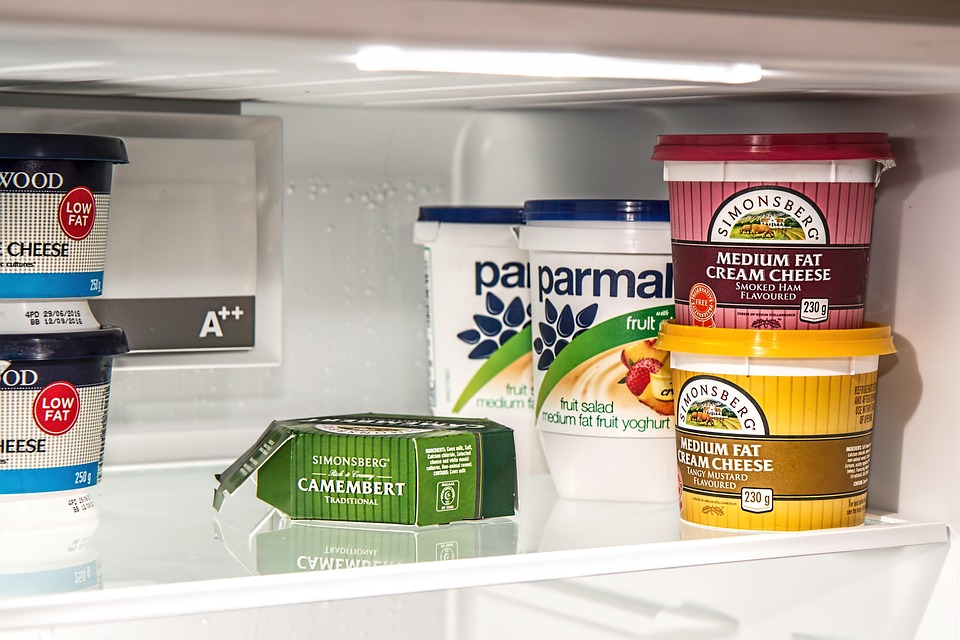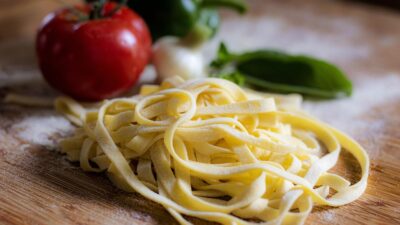As we plunge deeper into the 21st century, the realm of home cooking is undergoing a radical transformation, largely driven by advancements in technology. Smart kitchen appliances are swiftly becoming the unsung heroes of culinary endeavors, bringing not only efficiency but also creativity and convenience to the forefront of our kitchens. This article delves into the innovations that are redefining cooking as we know it, exploring the intersection of technology and gastronomy.
The Rise of Smart Kitchens
In recent years, the concept of the “smart home” has taken root, and kitchens have emerged as vital hubs within this ecosystem. Smart appliances integrate seamlessly with internet connectivity, enabling users to control and monitor devices remotely, enhancing the cooking experience in ways previously thought unattainable.
Intelligent Cooking Devices
From smart ovens to wifi-enabled refrigerators, today’s kitchen gadgets are becoming more sophisticated. Devices such as the smart oven can adjust cooking times and temperatures based on the type of food being prepared, assuring perfect results every time. Brands like June and Tovala have capitalized on this trend, offering appliances that come preloaded with recipes, simplifying meal preparation for novice cooks and culinary enthusiasts alike.
Moreover, smart stovetops and induction cookers with touchscreens allow chefs to monitor cooking progress and receive alerts when it’s time to stir or flip, taking the guesswork out of the process. This level of precision and control is making cooking more accessible, opening up the culinary world to those who might have previously shied away from it.
A Pantry with a Brain
Imagine a refrigerator that can track your inventory, automatically suggest recipes based on available ingredients, and even order groceries when supplies are running low. This is no longer a distant dream; it’s becoming a reality.
Smart refrigerators equipped with internal cameras and AI technology can scan and log food items, allowing users to know what’s in stock at all times. Brands like Samsung and LG are pioneering these innovations, enabling users to manage their groceries right from their smartphones or tablets. This not only reduces food waste but also encourages healthier eating habits by suggesting recipes based on fresh ingredients.
Voice-Activated Assistants
The integration of voice-activated assistants like Amazon’s Alexa and Google Assistant into the culinary space is another game changer. Cooking while following a recipe has never been easier; users can simply ask these devices for cooking guidance, set timers, and even adjust smart appliances with a simple voice command.
Imagine flipping a pancake with one hand while instructing your oven to preheat with the other. This hands-free assistance allows for a more fluid cooking experience, making it easier for multitasking homemakers and busy professionals alike.
Personalized Cooking Experiences
The future of smart kitchen appliances lies in personalization. With the rise of machine learning, devices are beginning to learn individual cooking styles, dietary preferences, and flavor profiles. Smart appliances can adapt cooking options based on past behaviors, suggesting meals tailored to personal tastes.
For example, smart slow cookers can monitor the cooking process, adjusting heat and timing according to the desired end result. This personalization not only enhances the culinary experience but also encourages users to experiment more confidently in the kitchen.
Sustainability Meets Technology
As sustainability becomes a pressing global issue, smart kitchen appliances are stepping up to the plate. Smart devices can optimize energy usage, reducing power consumption while cooking. Furthermore, applications that suggest recipes based on ingredients at risk of spoiling can minimize food waste, aligning technology with eco-conscious living.
Challenges on the Horizon
Despite these advancements, the transition to smart kitchens is not without challenges. Privacy and security concerns regarding personal data collected by smart appliances pose significant obstacles. Furthermore, compatibility issues between different brands and devices can lead to frustration for consumers eager to create a fully integrated smart kitchen.
Conclusion
The future of smart kitchen appliances is an exciting frontier at the intersection of technology and cooking. As innovations continue to unfold, we can expect kitchens to become ultra-efficient, seamlessly integrated, and tailored to individual needs. Whether you are a culinary novice or a seasoned chef, the rise of smart kitchens promises to revolutionize the way we cook, making it more accessible, enjoyable, and sustainable than ever before. Embracing this tech-savvy culinary landscape is not just a trend; it’s the evolution of cooking itself.



